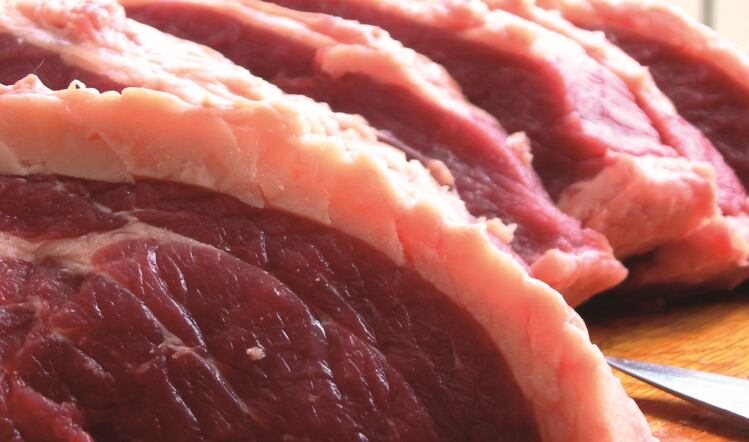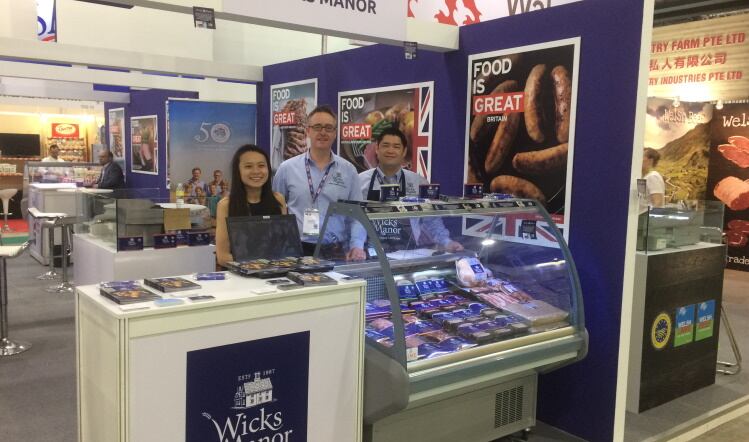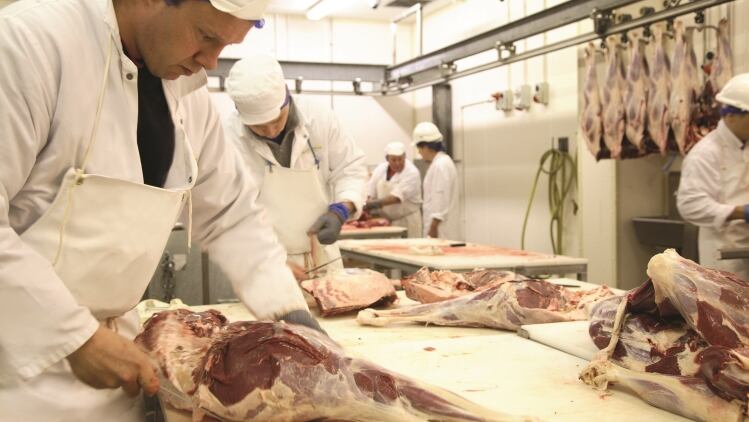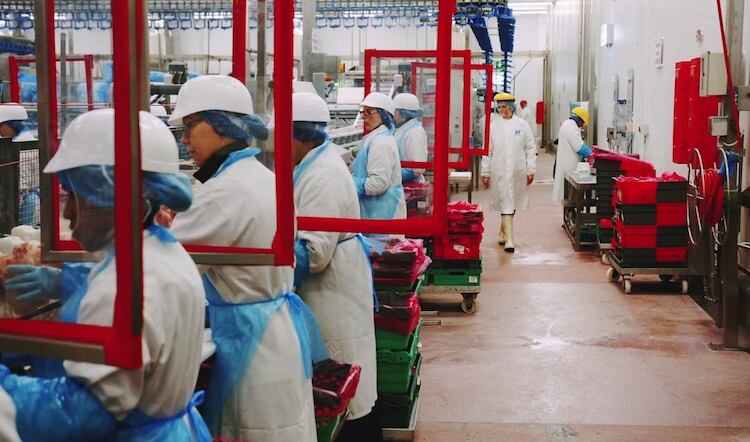Registering for NRS would open up a new £16m market for the sale of mesenteric fat, which has not been available to the UK for 24 years. The UK is now eligible for this status, after England and Wales reached the milestone of 11 years without a case of Bovine spongiform encephalopathy (BSE).
However, the Government has told the BMPA that it has no plans to register for NRS, citing it did not have the resources to pursue the application.
Time running out
In order to achieve NRS, the Department for Environment, Food and Rural Affairs must present evidence to the World Organisation for Animal Health (OIE) by 31 July this year, so they can agree the UK’s new status at their General Session in May 2021. If that deadline is missed, the next chance to present evidence would be next July, with status eventually being granted in May 2022.
In a statement regarding the Government’s decision, the BMPA said: “We know that the epidemiologists and other resources needed to compile and submit this evidence have all been diverted to deal with the COVID-19 crisis, but the 11-year milestone of being BSE-free has not come out of the blue.
“Really, work should have been well under way back in December last year before the current crisis hit and we should have been ready in May to submit our application to the OIE.”
Lamb sales to the US
According to the BMPA, the £16m of extra revenue is roughly equivalent to the total potential value of lamb exports to the US. Being able to sell mesenteric fat instead of paying to dispose of it would help reduce waste.
“Just as we’re about to leave the EU we have missed a fantastic opportunity to signal to the global markets our high British standards,” the spokesman added. “BMPA will be working with Government to make sure that doesn’t happen again.”
Meanwhile, beef sales thrived despite the coronavirus pandemic in Great Britain (GB), but lamb has fared less well, according to meat bodies in Wales and Northern Ireland.





